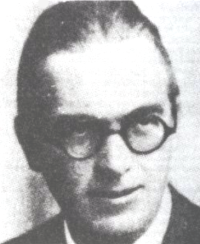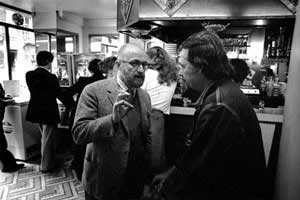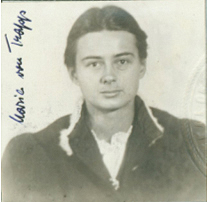A Quote by W. Somerset Maugham
Just as the painter thinks with his brush and paints the novelist thinks with his story.
Related Quotes
Sometimes he thinks that if he could only trace the path of his life carefully enough, everything would become clear. The ways that he screwed up would make sense. He closes his eyes tightly. His life wasn't always a mistake, he thinks, and he breathes uncertainly for awhile, trying to find a pathway into unconsciousness, into sleep.
The nobler sort of man emphasizes the good qualities in others, and does not accentuate the bad. The inferior does the reverse. . . . The nobler sort of man pays special attention to nine points. He is anxious to see clearly, to hear distinctly, to be kindly in his looks, respectful in his demeanor, conscientious in his speech, earnest in his affairs. When in doubt, he is careful to inquire; when in anger, he thinks of the consequences; when offered an opportunity for gain, he thinks only of his duty.
A refugee is not just someone lacking in money and everything else. A refugee is vulnerable to the slightest touch: he has lost his country, his friends, his earthly belongings. He is a stranger, sick at heart. He is suspicious; he feels misunderstood. If people smile, he thinks they ridicule him; if they look serious, he thinks they don't like him. He is a full-grown tree in the dangerous process of being transplanted, with the chance of possibly not being able to take root in the new soil.







































